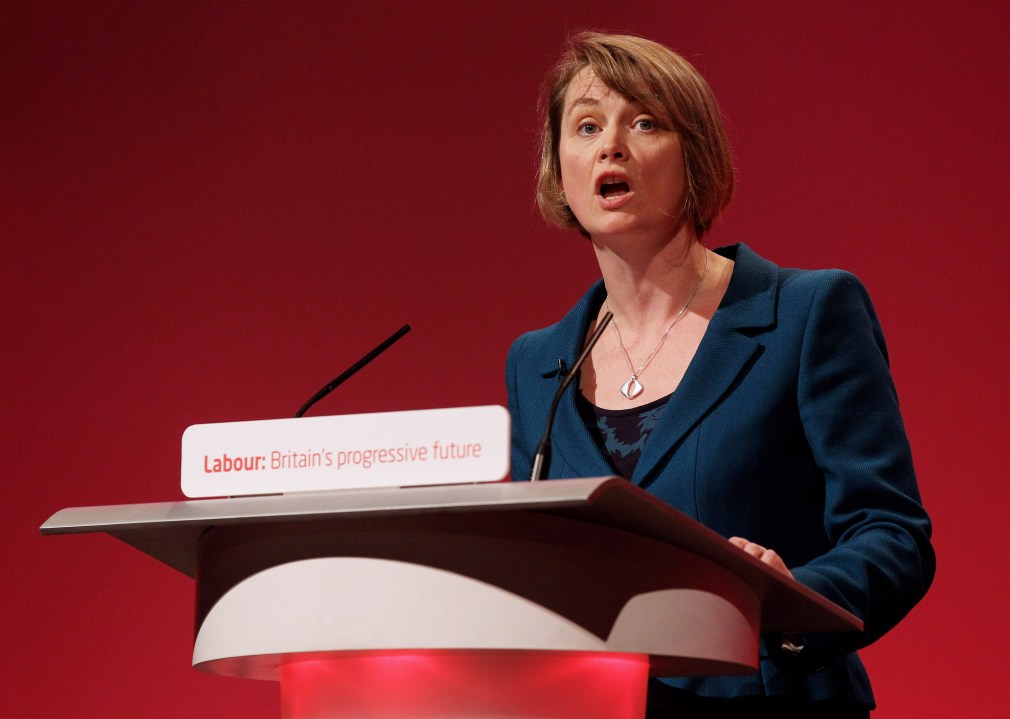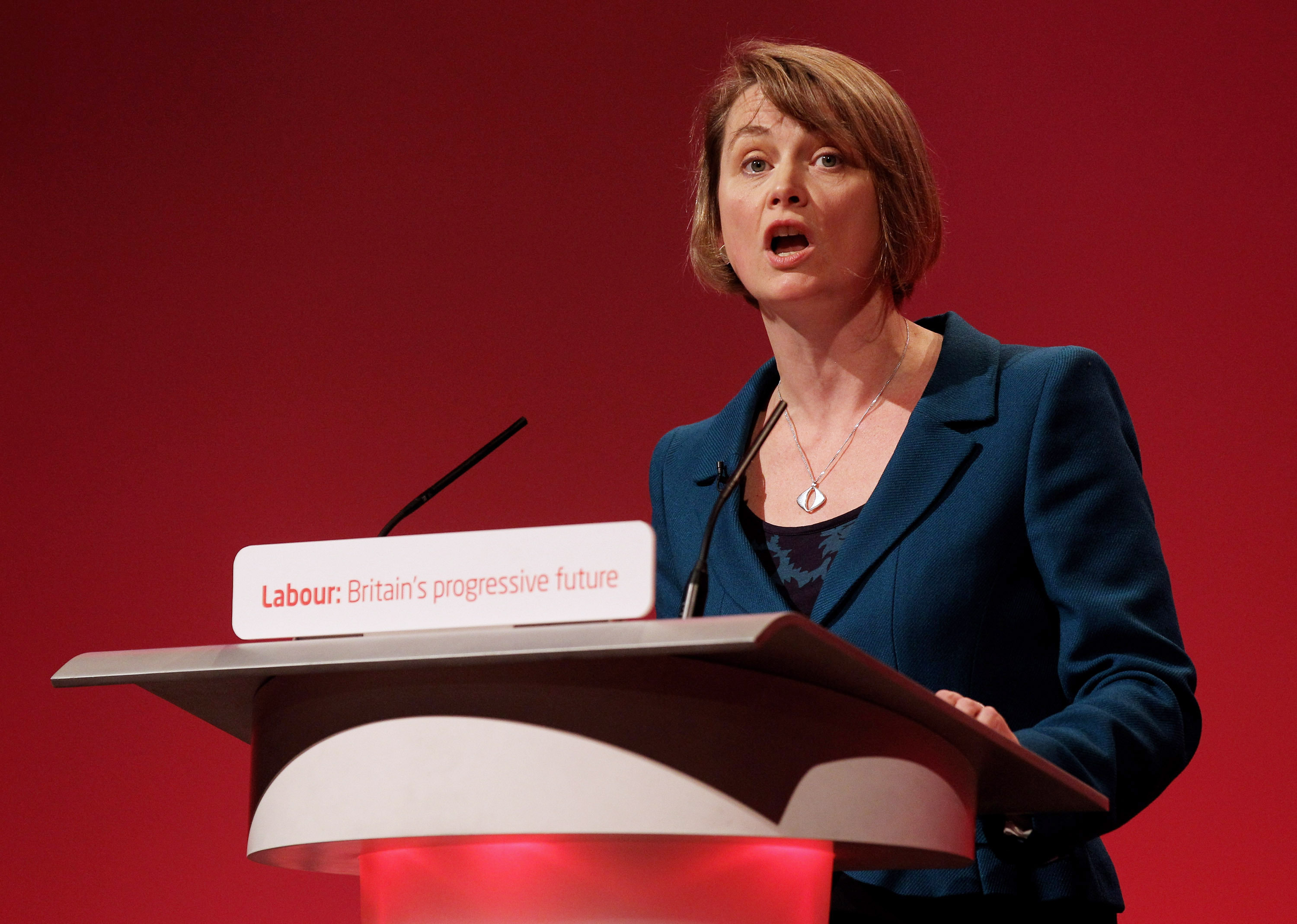 Labour’s cartography department has been hard at work all weekend to produce this. It is, lest you haven’t heard Yvette
Cooper today, an “interactive web-map” of the job losses announced by police forces so far, all across the country. You can interact with it in ways that include clicking to view a
larger version.
Labour’s cartography department has been hard at work all weekend to produce this. It is, lest you haven’t heard Yvette
Cooper today, an “interactive web-map” of the job losses announced by police forces so far, all across the country. You can interact with it in ways that include clicking to view a
larger version.
So far as web campaigning goes, this is probably fertile ground for the Opposition. No one likes the idea of more crime — and “more crime” is often conflated with “fewer bobbies” in the public debate. Yet Labour’s point is diluted, somewhat, by one simple fact: that their former Home Secretary refused to guarantee that police numbers wouldn’t fall under his party. Labour’s proposed cuts to policing may be smaller than the coalition’s, but it’s largely the police forces themselves, not the Home Office, that decide where those cuts will bite. Indeed, forces were warning that they would have to cut “thousands of officers” even when Labour were in power.
But let’s leave the final word to Chris Sims. He’s the Chief Constable of West Midlands police, and has an article in
today’s Times headlined, “The obsession with police numbers is pinheaded”. It’s worth reading the whole thing — especially as the The Thunderer’s paywall appears to be down this
morning — but here’s a taster, in any case:
“The familiar cry of ‘protect the front line’ must not be allowed to reduce the issue of policing in an age of austerity to a question of headcounts or maintaining numbers of uniformed officers. Rather, it should be about guarding jealously the things that matter to the public — reducing crime, resolving disputes, offering protection, as well as combating organised crime and terrorism. While the police service is applying itself to making this happen, the politicians fret that the public is not sophisticated enough to rise above the hackneyed demand for more officers on the beat. Meeting the financial challenges will be tough. My own force, West Midlands Police, has to close an annual gap of £125 million. But the task becomes impossible if, rather than having the freedom to transform police forces, chief constables are constrained by artificial ring-fencing of the front line — now officially defined by the Inspectorate as 61 per cent of the service.”







Comments